Ruben tagged me with a “Book Cover Challenge” on Twitter (of which the many variations revolve around posting “7 covers of books I love”). While I normally ignore such challenges (viral chain messages, if you like), this one intrigued me: it actually made me reflect on which books I would pick. Plus, I like talking about books! But I do dislike the format of the challenge. I’m not going do any attention hacking by spreading this over 7 days, nor am I going to tag other people. And I’m definitely not going for the “no explanations” part of the challenge. Part of what makes this a challenge is: why include this book, but not that one? Otherwise I could just link to my Goodreads account and be done with it. And it feels so superficial to post only covers. So a discussion (at times short, sure) of (why) these 7 (ahem) books is what you will get.
As you can already see on my Goodreads page, I love quite a lot of books (and that’s only the books I rated since 2011, I read and loved much more books before that). How to restrict this to just seven books? Let’s start by creating some boundary conditions. First, I’m going to restrict myself to only books I first read after I started secondary school. (So no books with which I learned to program, no comic books with dragons in them, etc. I loved them all, but they’re really out of scope here.) Second, I’m going to arbitrarily limit myself to ‘non-science’ books. As a computer scientist (and science enthousiast in general), I read and own a lot of technical books, either to broaden or deepen my knowledge of a topic, or as a technical reference. It just feels wrong to rank these, so they’re out as well. To make it easier for me, I’m going to define these as books that could conceivably be used as additional material for a course in a faculty of science or engineering. (Too bad for my books on geology, they do have some pretty cover pictures!) So this means that this list will focus on fiction (but not exclusively so, as I also read books on history, law, etc.). Third, I’m not going to list books I love that are part of a series I haven’t finished reading yet (even so: I love and would heartily recommend both the The Book of the New Sun Series/The Urth Cycle by Gene Wolfe and The Malazan Book of the Fallen Series by Steven Erikson up until where I’ve read them.). Finally, I don’t want this to end up being a list where all books belong to the same sub-sub-genre or are written by the same author, so I’m going to try to vary a bit.
A final caveat: as should already be clear that there is no such thing as the 7 books I love most. This is not the selection of books I might pick when asked the same question next year, or even next week: which books I love depends on the mood I’m in. (To give a somewhat extreme example: the first time I started reading Anathem by Neal Stephenson, I had to stop after 20 pages because I hated it; a year later I tried reading it again and I just couldn’t stop reading it.) And as this is a general list of books I love, these are not the books I would necessarily recommend to people personally: that would depend on what I know of you and your taste in books.
With that in mind, let’s list (but not rank) some books!
The Lord of the Rings (J.R.R. Tolkien)
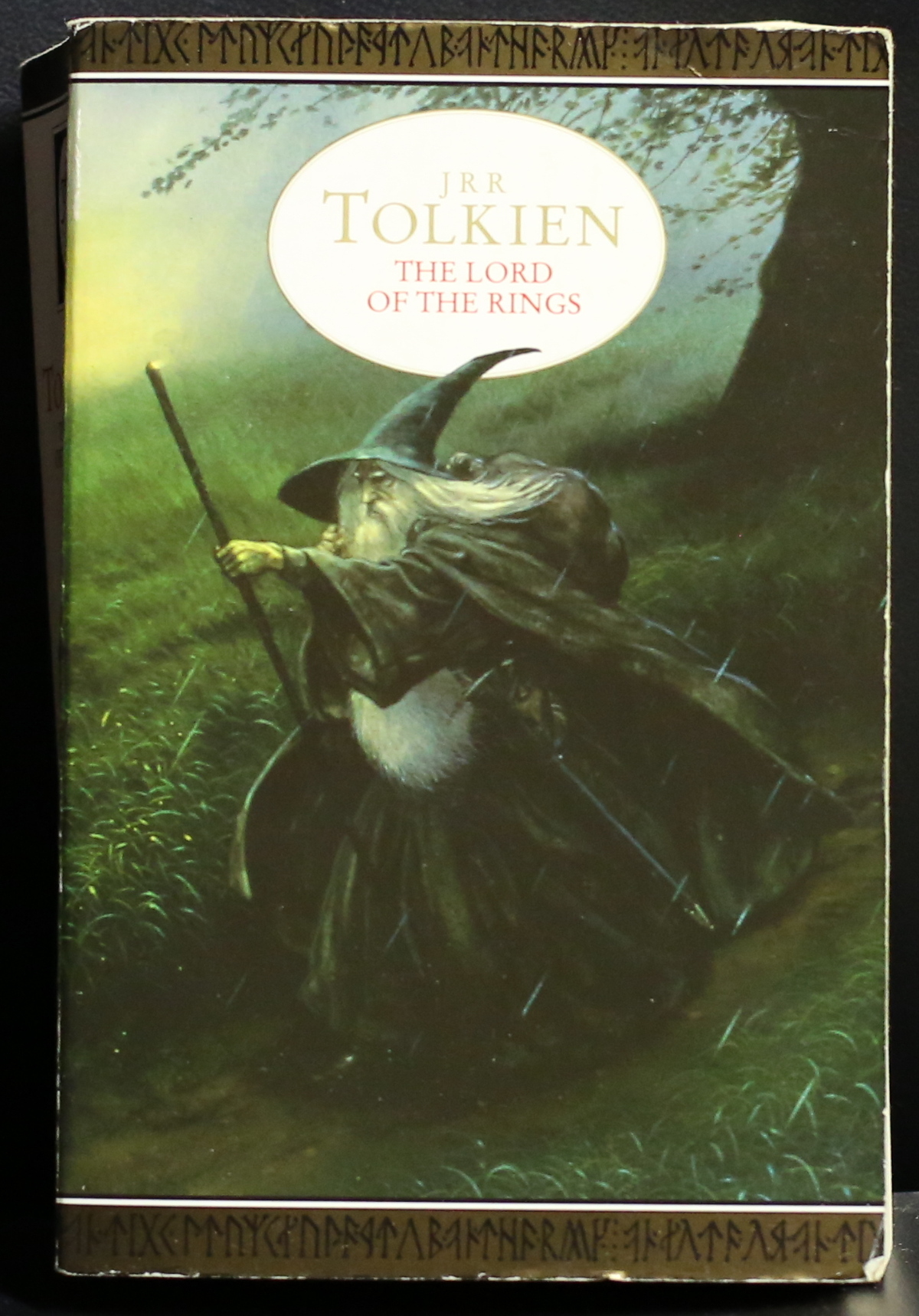
I truly, truly adore this book. If there is any book that defined my teenage years, it’s this one. I read it once every year in high school. I bought and enjoyed reading all related books available at the time. These books really made me enjoy reading while I was in secondary school. They enriched my English vocabulary (up to the point where one of my English teachers called my vocabulary ‘weird’). They helped me shape and enjoy other interests as well: Tolkien’s constructed languages made me read and learn more about languages in general, and about the evolution of languages. Accounts on the sense and nonsense of the geography of Middle-earth made me look into learning more about geomorphology. When I was out of Tolkien-related books, I started reading (and enjoying) other fantasy books. Knowing myself now, I would probably have been interested in all of these things anyway at some point, but they really did help kickstart and accelerate it all. These books really were one of the major occupations of my time back then; to say I ‘love’ them would be an understatement.
The cover above is the one of my English edition. I have to be honest, and say that I only started reading it in English when I was 15. My love for all things Tolkien started a year earlier, by reading the trilogy in Dutch:
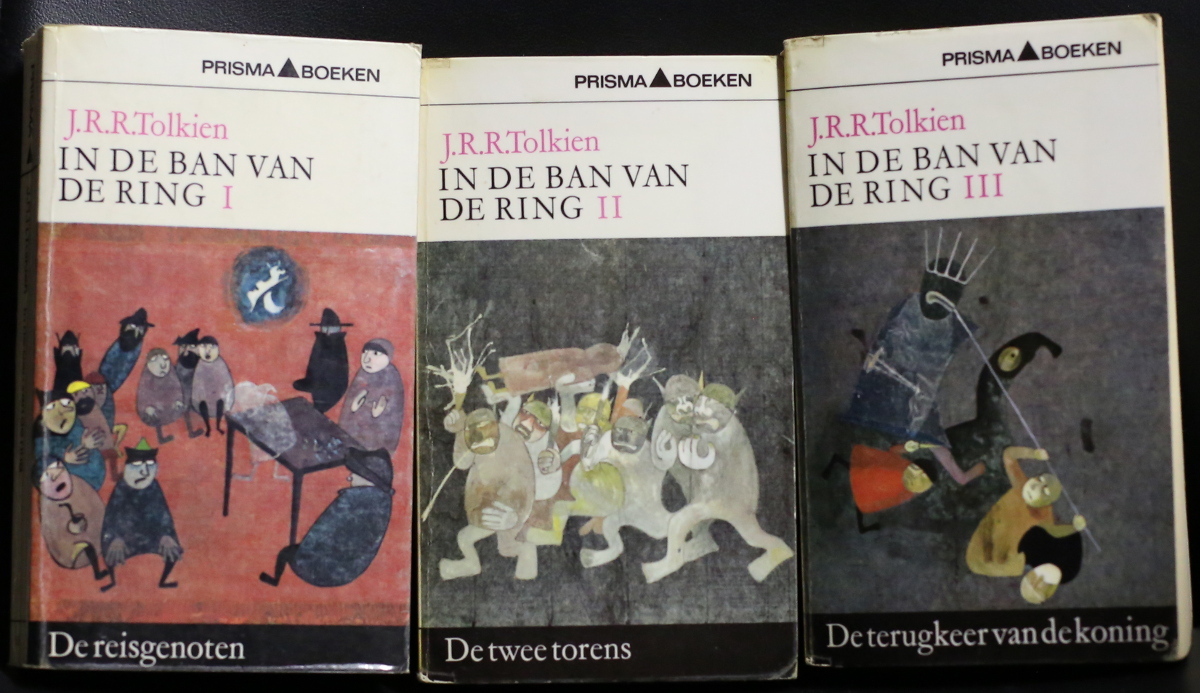
These three books were in my dad’s pile of books and their covers had always fascinated me. As this was before Peter Jackson’s movies, the covers were really all I had to go on at that time. (So yes, I’ll be the first to admit that I can totally be influenced on a superficial level by the covers of books!) Around my 14th birthday I asked my dad if I could read them; he insisted I first read The Hobbit (in Dutch) which I promptly did, and the rest is history.
Rendezvous with Rama (Arthur C. Clarke)

Around the time I started university, the number of books I read for fun dropped to zero as my focus shifted to studying and doing more coding projects for fun. Only around the second year in my master’s program I started reading again, but this time science fiction rather than fantasy. I had seen Charles Stross’s Accelerando be recommended somewhere, and it was available for free online, so off I went again. Next came Douglas Adams’s The Hitch Hiker’s Guide to the Galaxy: A Trilogy in Five Parts. Both are very recommendable books in their own ways. But it’s the one I read next, Rendezvous with Rama, that left the most lasting impression to me. The concept is relatively simple (a huge cylindrical star ship enters the solar system and needs to be investigated), but to me reading the descriptions of the exploration of that huge cylinder triggered an enormous sense of wonder (and of awe) in me.
A Deepness in the Sky (Vernor Vinge)
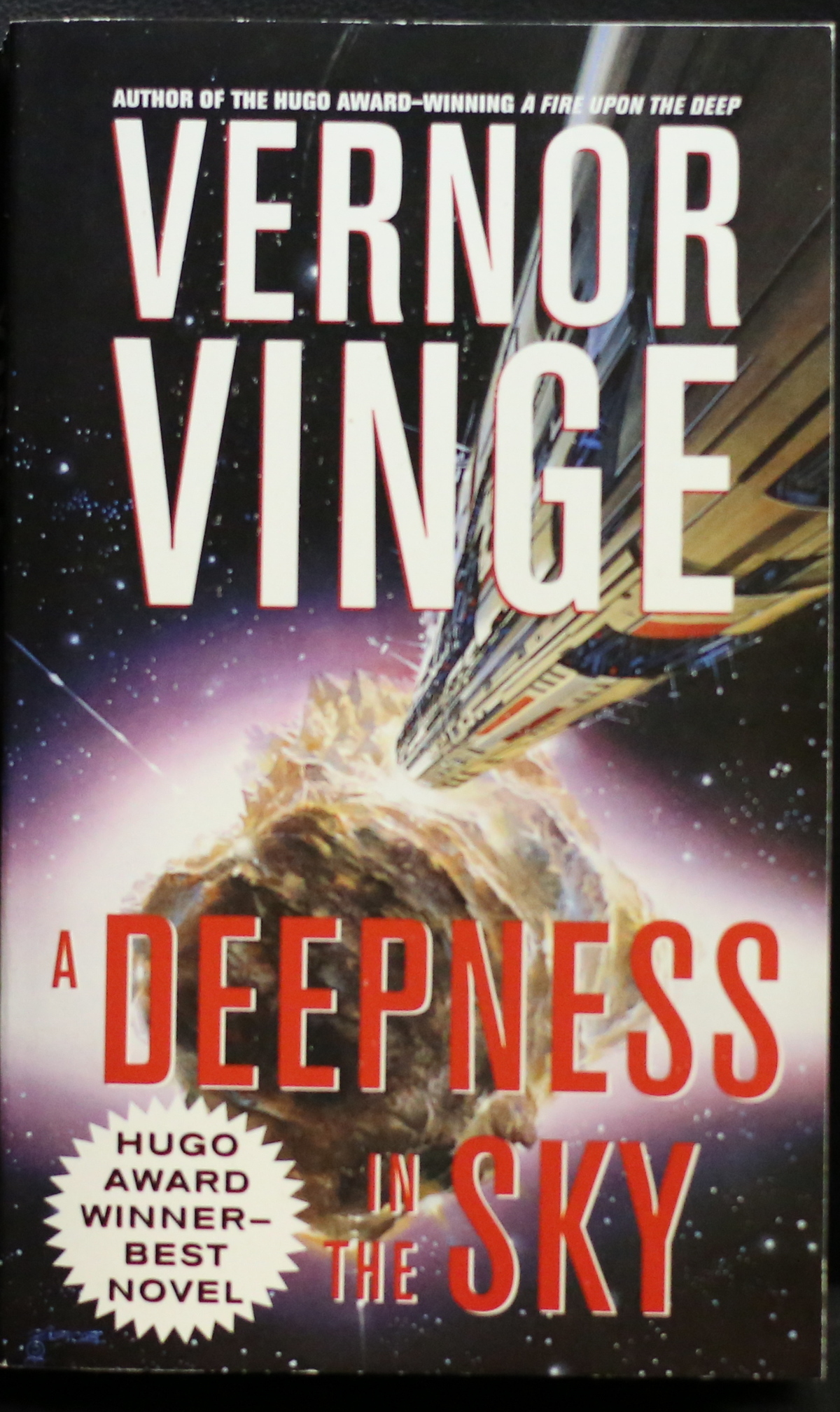
This is a science fiction novel that really appeals to me as a computer scientist. (With Vernor Vinge being a computer scientist himself, this might not be completely unexpected.) Exciting, at times troubling, at times wonderful.
The Lathe of Heaven (Ursula Le Guin)
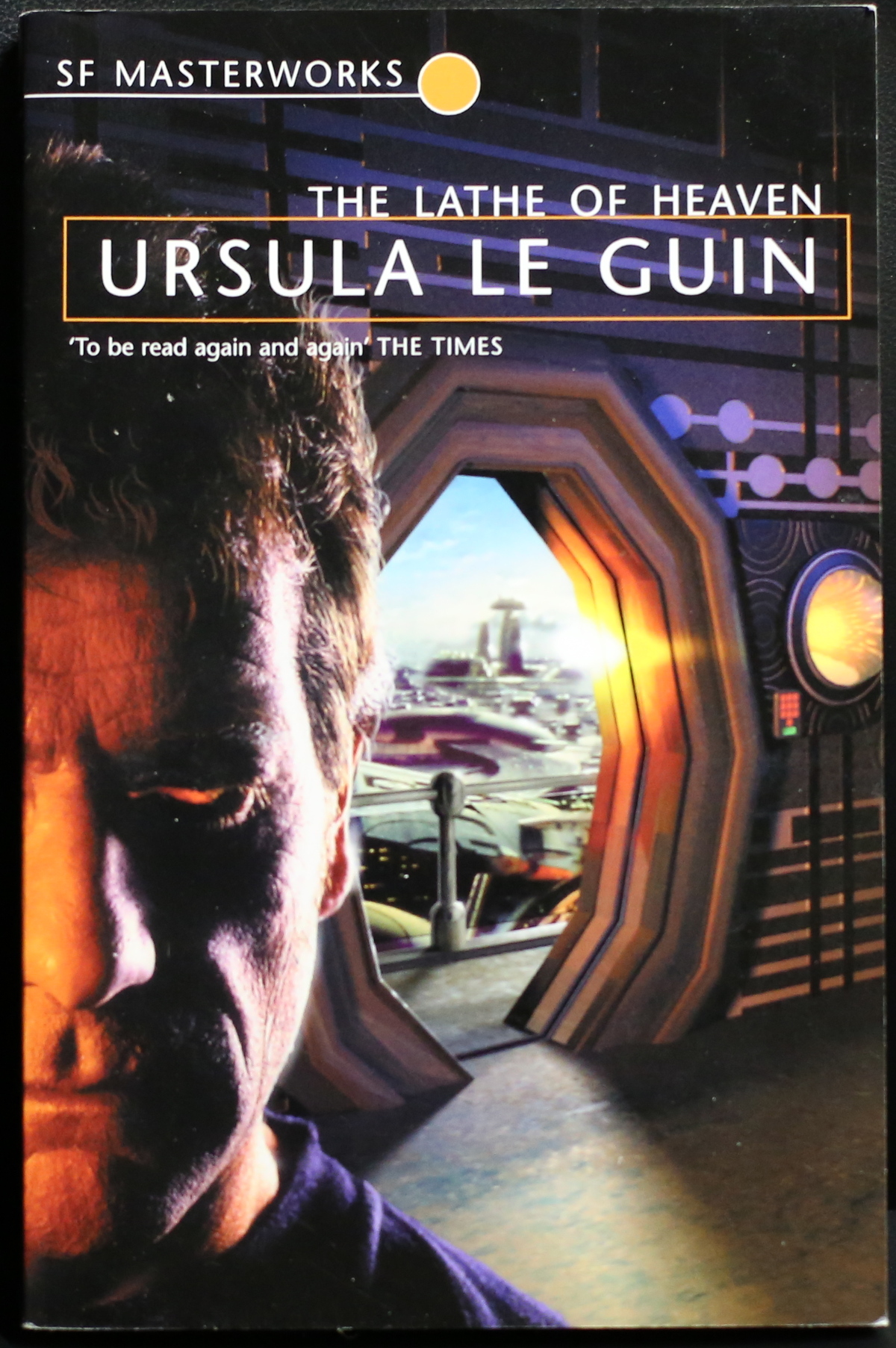
This, to me, is the best book ‘in the style of’ Philip K. Dick. I really enjoy Dick’s work where he examines the border between what is reality, and what would happen if reality would be fluid and changeable (and other weird stuff). Le Guin’s book deals with the same themes, but when I read it, I enjoyed reading it slightly more than Dick’s work I read previously, so that’s why this work ends up in this list. (That being said, in addition to The Lathe of Heaven, I would heartily recommend The Man in the High Castle as a good starting point for Philip K. Dick’s writings.)
Command and Control (Eric Schlosser)
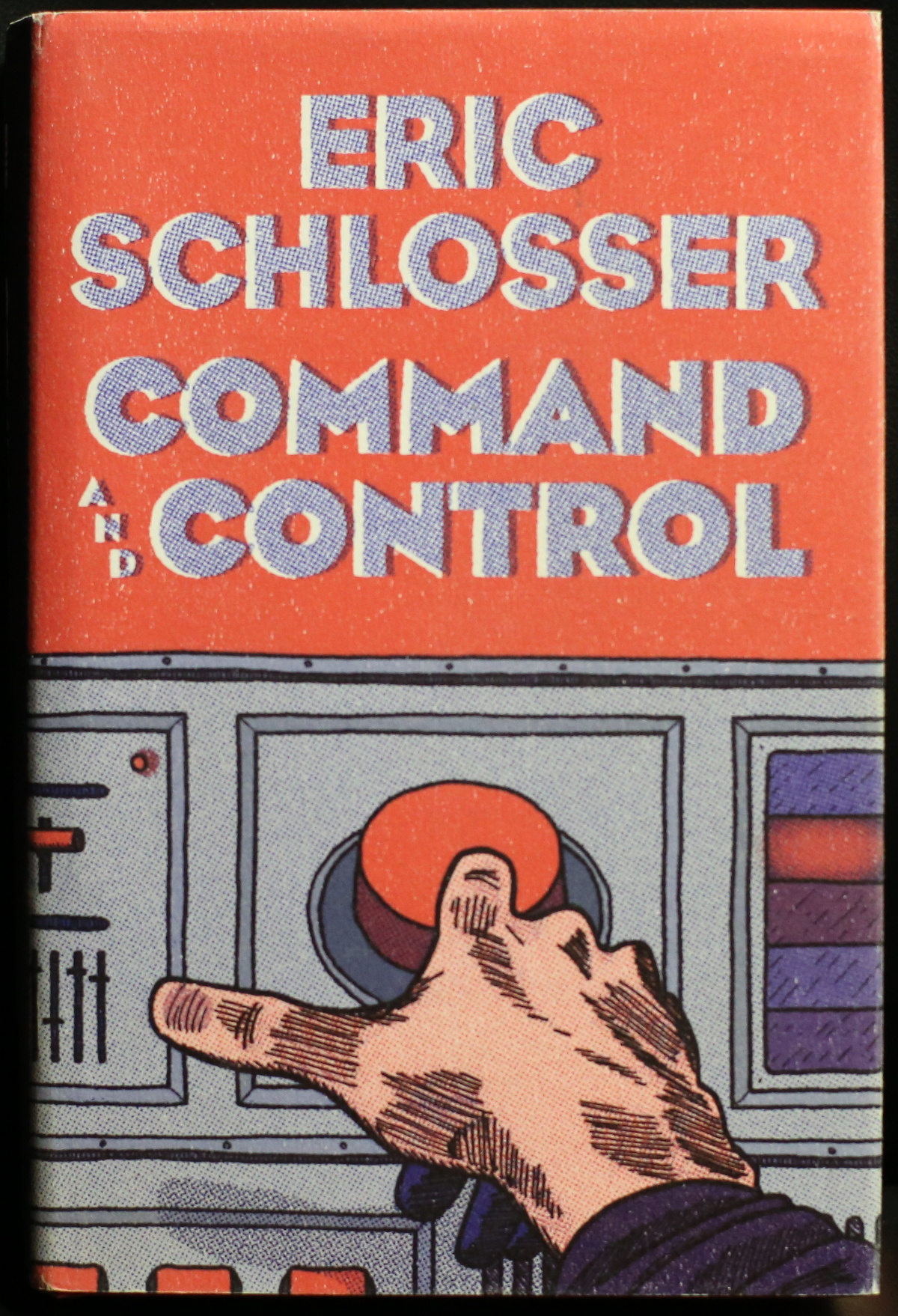
Command and Control is a non-fiction book about nukes. While there exist fantastic histories on the making of the atomic bomb and the hydrogen bomb, this book delves deeply into a much less sexy, yet so much more important topic: ensuring they are maintained and kept secure. This book combines a history of one specific incident with a Titan II missile, and a more broad view describing other incidents and the policies and politics involved in the maintenance and security of the USA’s nuclear arsenal. Interesting and disturbing at the same time.
Nausicaä Of The Valley Of The Wind (Hayao Miyazaki)
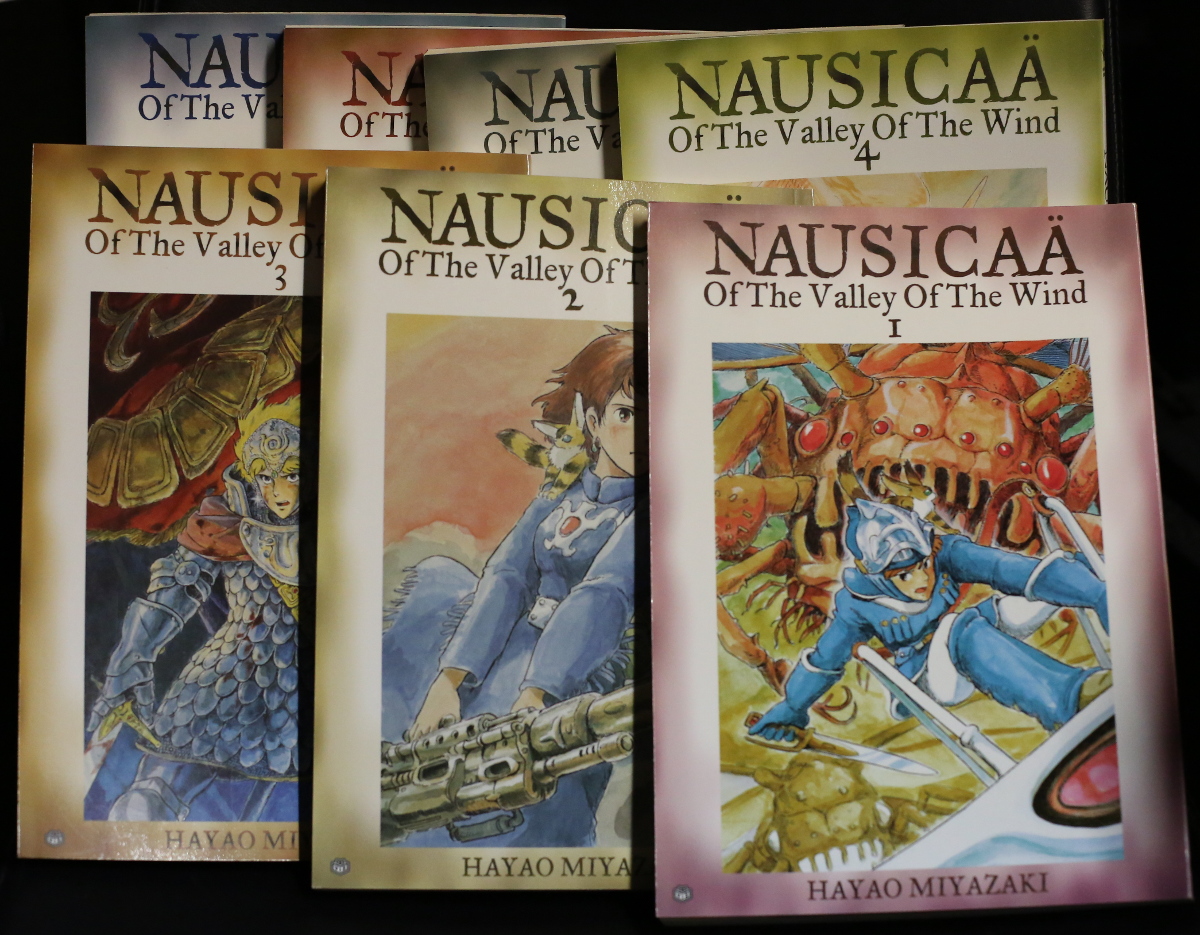
While people might know Hayao Miyazaki as the director of many wonderful anime movies (including the Academy Award-winning Spirited Away), he’s also the author and artist of this fantastic manga: a post-apocalyptic epic science-fantasy graphic novel. As is somewhat typical of Miyazaki’s work, the books deal with environmentalist themes, war and pacifism, and has a strong female protagonist. Those of you who know the eponymous movie made by him: the movie covers roughly the first of the seven volumes in the book series.
Hyperion Cantos: Hyperion, The Fall of Hyperion, Endymion, The Rise of Endymion (Dan Simmons)

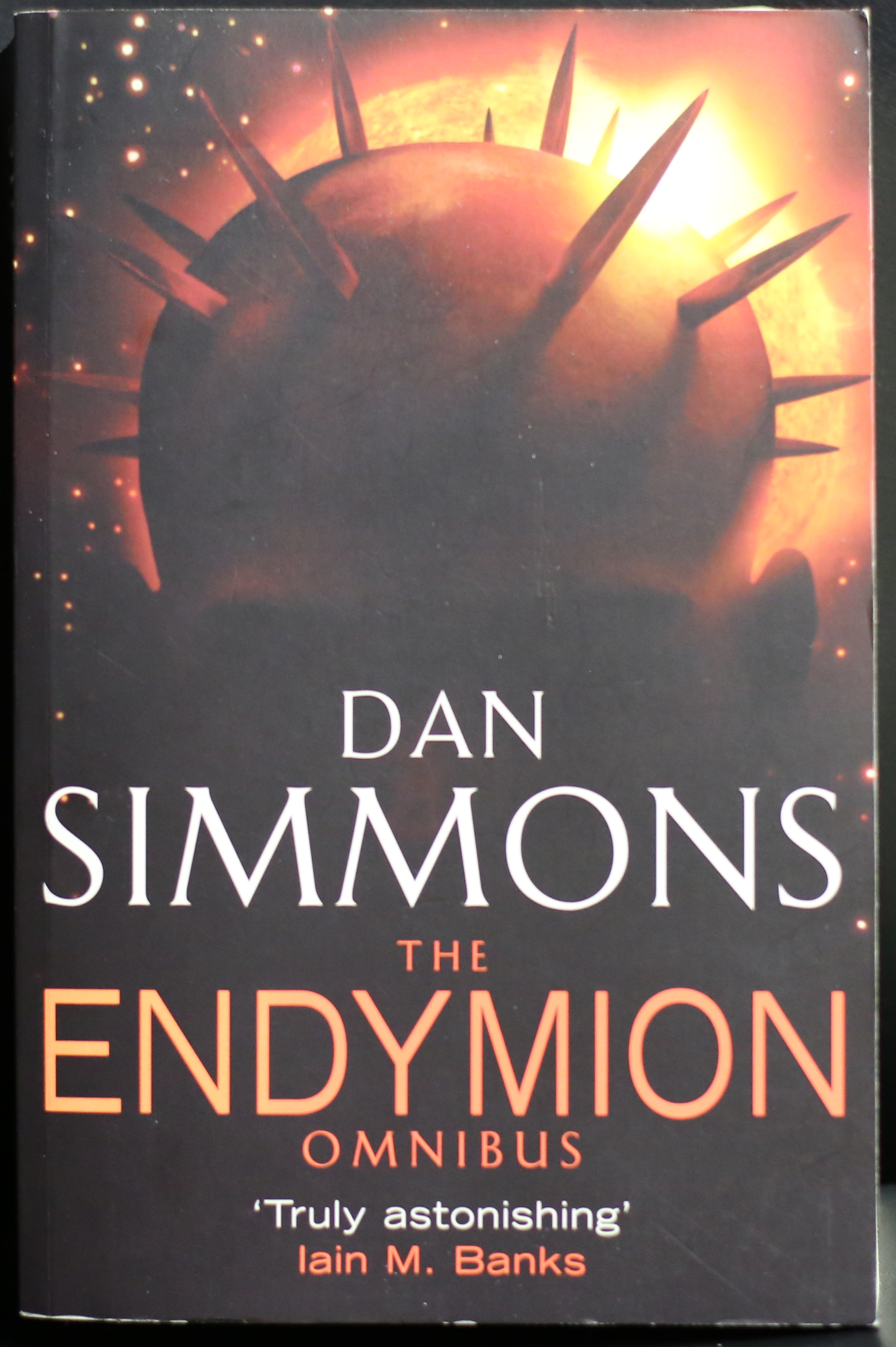
This is one of those science fiction books (well, it’s a tetralogy, but if I can have The Lord of the Rings as a single book in this list, then I can do the same here) whose characters, locations, plots, ideas, etc., still stick with me, all those years after reading it. One small tip, though, if you ever decide to read these: it is perhaps useful to have a quick peek at Wikipedia’s page on the behaviour of the shrike (which is a species of bird). (I only learned about this bird’s behaviour after reading these books.)
Star Maker (Olaf Stapledon)
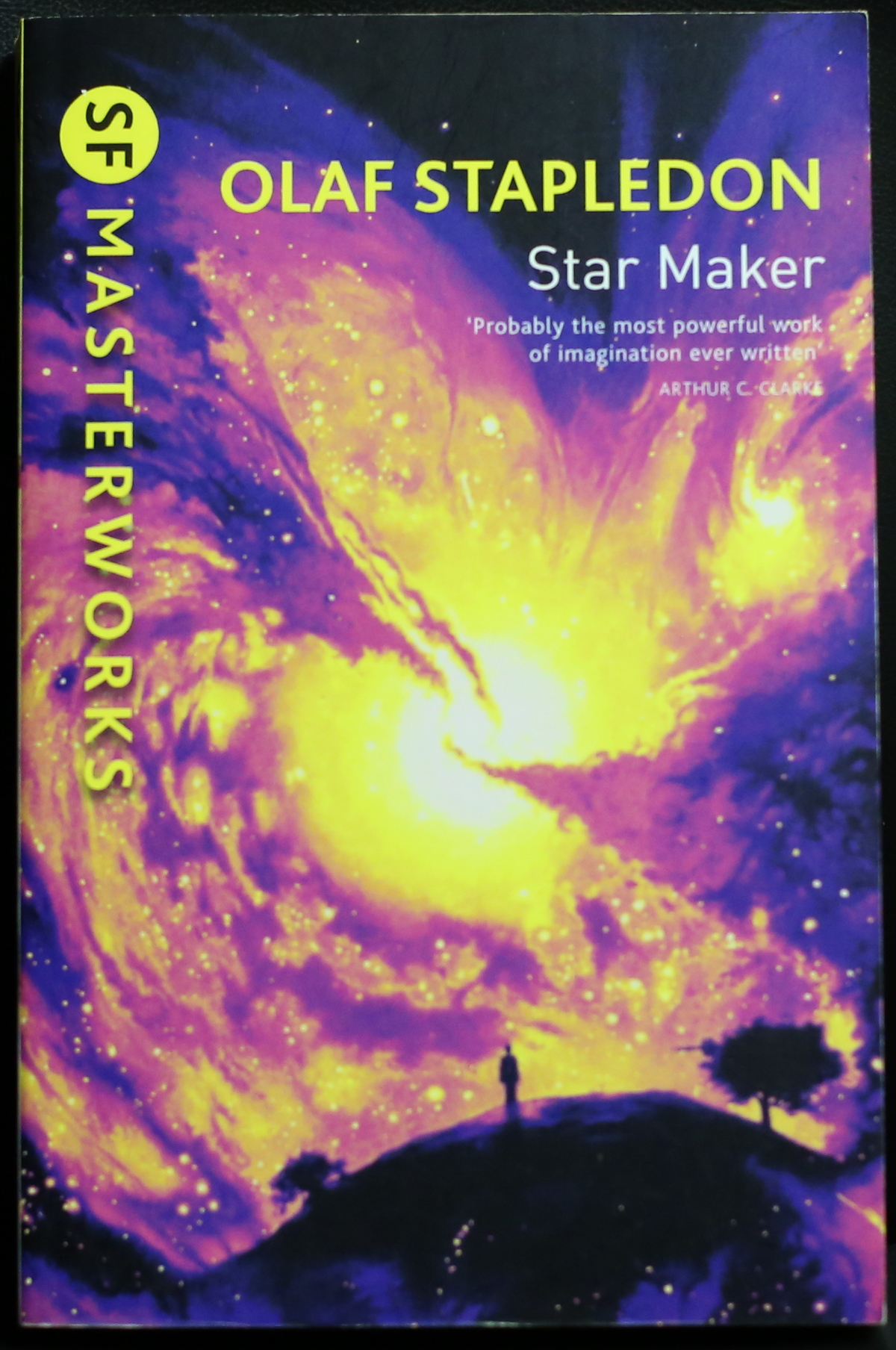
(Yes, this is number 8. One of the great issues with computer scientists is that we suffer from off-by-one errors.) This is a truly fascinating science fiction book. It’s basically one large out-of-body experience of the narrator, in which he travels through the stars and explores different civilizations throughout the universe. Wonderfully written. Utterly stunning. And yet, while I myself loved it, it’s perhaps not a book that will appeal to everyone (because of the writing style and plot).